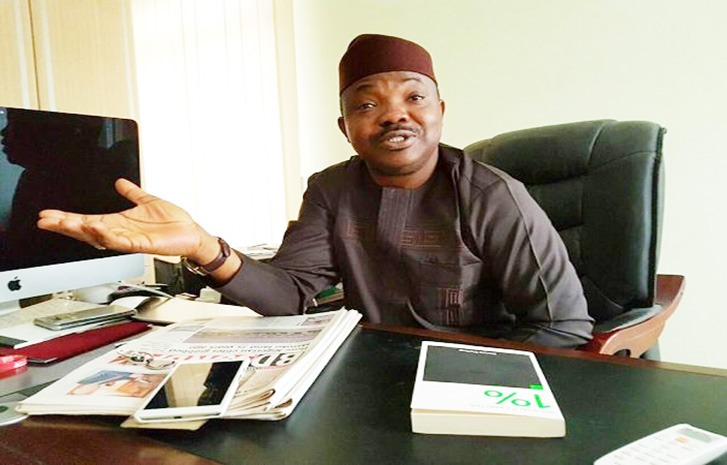Nigeria is still losing national figures to Covid-19 related complications. While some die quietly, others make the headlines in their death from that. The latest is Yinka Odumakin who, as at the time of his death, was spokesperson for the Afenifere platform.
Like most members of his generation, he was a student activist, operating as the image maker of the Students’ Union at Obafemi Awolowo University, (OAU, Ile-Ife) in 1988. That was the height of radical students’ movement. But, unlike many members of that generation, he veered off from radical nationalism to ethnic federalism, becoming its champion from the standpoint of the Afenifere, the historically dominant Yoruba nationality platform. That is not normally what epistemological enforcers in the radical nationalist tendency in Nigeria would welcome although it is the sort of pluralism that the tendency could still have benefitted from if it still had a strong culture of filtering diversity of voices and molding them into majestic “empty signifiers”.
Again, like most members of that generation, he was a many sided actor. Essentially a journalist all his life after taking a degree in Political Science from the university, he went on to work with Alhaji Ahmed Bola Tinubu, a leading politician from his own side of the country during the short-lived Third Republic but with whom he fell out. But he was to surface as spokesperson to candidate Muhammad Buhari when Buhari paired with Pastor Tunde Bakare as Presidential and Vice-Presidential candidates in the 2011 contest. This was before he finally ended up as the Afenifere spokesperson, the climax of his entanglement in Alliance for Democracy, (AD) politics.
Those who knew him would say that one good thing about him is that he pursued his convictions with determination and dignity. As a columnist with the Tribune, he had an enhanced visibility and voice in articulating the paradigm of ethnic federalism, always issuing joint statements with fellow travellers of the Middle Belt Forum; PANDEF, Ohanaeze and Afenifere.
It is in the domain of pluralism of voices that he will be missed. But his death reminds all diverse tendencies involved in reconstructing Nigeria of the challenge of handling contradictory views and positions, with particular reference to molding them into that ‘chain of equivalence’ that can lead a ‘historic block’ rather than any single class to political victory.




























